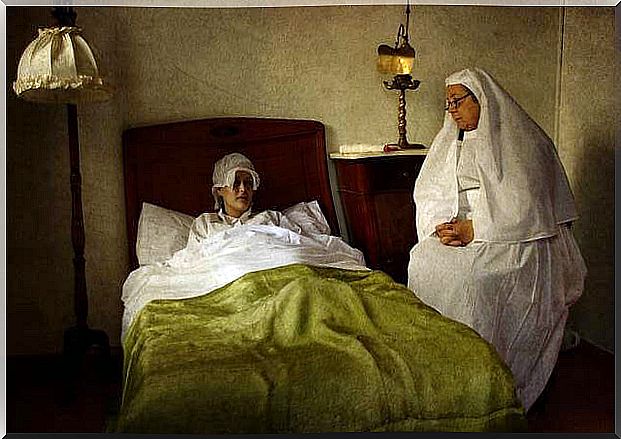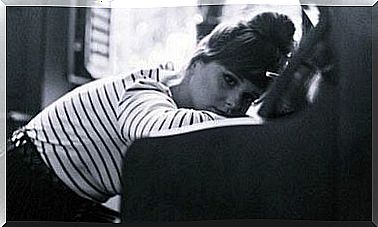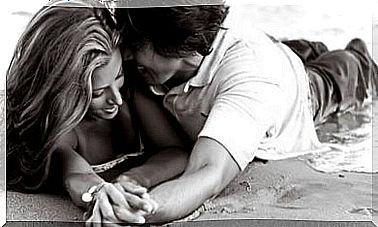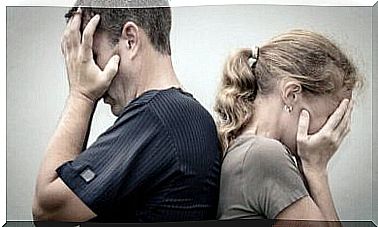The Effect Of The Mind On Physical Health

According to Hippocrates of Kos, father of medicine, the body had the inherent ability to heal itself and the doctor’s work was intended to facilitate this natural process. Furthermore, the disease was the result of an imbalance, an alteration in which the mind and character played an important role.
With the advent of modernity and the positivist scientific model, the way was opened for a new way of seeing and conceiving the human body. Descartes imposed his metaphysical vision according to which body and mind are separate and sometimes opposite realities. Conventional medicine as we know it today developed on this basis. With the spread of the human sciences, the mind has returned to have a certain weight, but always as a marginal factor, of little relevance to health.
Freud, a famous Austrian neurologist, dealt with the contradictions between mind and body in the early years of his training. The patients who caught his attention were suffering from paralysis, blindness and other ailments that medicine could not explain. Thanks to an intense research discipline and the iron experimental spirit, Freud came to discover the unconscious, the reality that finally allowed us to understand and cure those strange evils.
The body: a speech
With the development of psychoanalysis, the body ceased to be an organism that functions well or poorly for strictly physical reasons. The new research led to the conclusion that the body is also a space where the unconscious is expressed. Many of the diseases that found no place or cure within traditional medicine made sense in the light of these new concepts.
With Jacques Lacan these ideas were deepened and the body was defined as a book in which the mind writes its meanings.
These contributions were not followed up in daily medical activity. In fact, one still looks at the unconscious and its mysteries with a wary smile.
The mind continues to be seen as a minor factor and is not taken into consideration. Doctors seek the patients’ peace of mind and good mood because this clearly helps them to heal. In general, however, they stick more to the results of laboratory tests than to the patient’s stories. If a person is depressed or anxious during treatment, there are pills to fix the problem. No other alternatives are thought of.
New paradigms
While medicine and the pharmaceutical industry have made great strides, alternatives have also spread that defend a new perspective. This is the case of homeopathy, ethnomedicine, bioenergetic analysis and other types of alternative medicine that resist, sometimes in the shadows, the accusations and criticisms of radical scientism.
There are also more psychoanalytic orientations, such as biopathography, heir to the postulates of Viktor Von Weizsaecker, a German doctor considered as the father of anthropological medicine. According to this perspective, the disease should be understood as an alteration associated with the unconscious and cannot be cured without first reviewing the patient’s history in detail. In Argentina there is an important medical institution founded in 1967 which has conducted numerous studies and researches which confirm the validity of this perspective. This is the Fundación Luis Chiozza, click here to visit the web page.
Without a shadow of a doubt, conventional medicine has made and continues to make important contributions to treat disease and relieve pain. Developments in this area defy the imagination and make the difference between life and death. However, alternative medicine also plays an important role, so why is it considered a second-tier guest at the medicine party?
Body and mind are an indivisible unit. Hippocrates of Kos had sensed this in his time and after a long historical journey, he came to formulate similar thoughts. Perhaps it is not a bad idea to listen to what the body tells us when we get sick or to read between the lines of any malaise. If instead of asking ourselves where the pill is, we asked ourselves the “reason” for the disease, perhaps we could also understand the “purpose” why our body decided to get sick.









